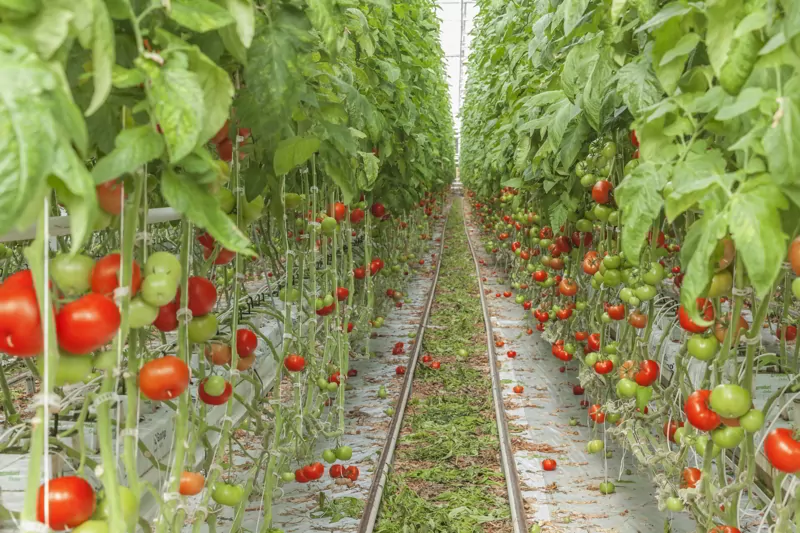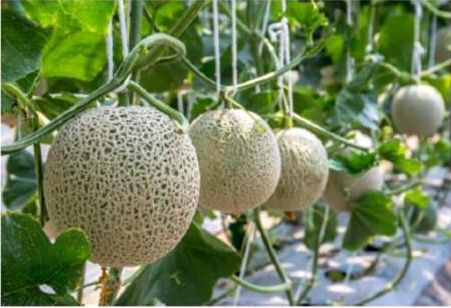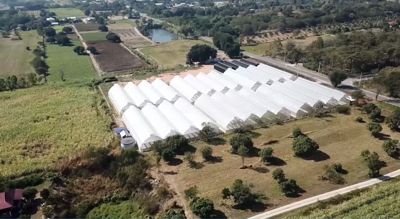When we talk about top markets for investing, Thailand doesn’t usually make the shortlist.
That’s because, in terms of real estate, the country doesn’t make it easy. Foreigners can’t own title to a piece of land. It’s possible to buy a condo… though there are restrictions around that, too—for example, no more than 49% of units in any condo building may be held by foreign owners.
Plus, there’s the issue with reselling. In big cities like Bangkok and Chiang Mai, your buyer will typically be Chinese. The Chinese look on condos as they do on cars. Second-hand condos are worth less than new shiny models. So, unless you manage to get in pre-construction, it’s not a market where you can go with big hopes of capital gain.
But, when you look beyond traditional real estate, Thailand is a country that presents a lot of opportunity today. This year, U.S. News and World Report placed the “Land of Smiles” in second place on its “2020 Best Countries to Invest” list.
And, for the individual investor, the best returns we’re seeing right now are coming from turn-key farming opportunities…
Welcome To The World Of High-Tech Farming
Here, with a modest investment of around US$30,000 to US$50,000, you could earn more than US$193,000 (or a 19.5% return on investment) over the next two decades.
As we’ve spoken about before, an investment in turn-key agriculture is one of the safest bets you can make in today’s world… with its ever-growing population. And, in Thailand, you have the opportunity to get in on one of the most cutting-edge farming opportunities…
The developer we work with here is a pioneer in this part of the world. His farms in Chiang Mai and Pak Chong are producing in-demand, high-quality fruit and vegetables in greenhouses—all managed through hydroponic and solar-powered systems.
As an investor, you’re buying a greenhouse, plus the growing system. (In other words, none of Thailand’s land ownership issues to navigate.)
Better Conditions = Bigger Profits
Thanks to its warm, tropical climate, Thailand has favorable growing conditions. When you add in the latest technology, you can make those conditions optimal, all year round—tweaked exactly to what your crop needs.
A hydroponic system eliminates the need for soil. Instead, fruit is grown in nutrient-rich water. Best of all, you can have multiple harvests every year. One hydroponic greenhouse producing melons, for example, will have four harvests a year—with an output of approximately 3.5 tons.
Of course, it’s no good producing all these melons if there’s no end buyer. Again, this is what makes Thailand such an exciting marketplace right now. As the middle-class population grows, and the country remains a tourist magnet (39.8 million visited Thailand in 2019), there’s a strong demand for high-quality, chemical-free produce. Traditional farmers tend to produce smaller fruits, and they rely on pesticides to protect their crop. With his bigger, chemical-free produce, our developer has an edge. His buyers recognize this and pay a higher price.
In monetary terms, your 3.5 kilos of melons converts to US$6,000 to US$7,000 profit in your pocket… in just one year. To be clear, this isn’t some profit-sharing scheme. You collect the income from the fruit that grows in your very own, fully-managed greenhouse… year in, year out.
An Award-Winning Developer
As you size up any investment, it’s critical to look at the people behind it. Since the beginnings of its alternative farming developments in 2015, this developer has gone from strength to strength. From aquaponic lettuces to hydroponic tomatoes, previous greenhouses have sold fast… and some of your fellow readers who were first to get in five years ago have been collecting pay-outs these past few years.
So far, all of the developer’s demand has been from the local market in Bangkok where he’s been working hard to keep up… supplying his fruits to supermarket chains, as well as hotel groups like Holiday Inn and Le Meridien in Bangkok.
But things are about to get bigger…
This fall, the company received an “Excellence in Farming” award from the Thai Ministry of Agriculture. This means it has now reached the level of certification it needs to expand into the export market. To that end, the developer has just bought an extra 35 acres close to Bangkok where it plans to install a high-tech packaging facility, as well as growing more crops for the international market.
By the way, if 35 acres sounds small… remember, this is not traditional farming. The beauty of hydroponic and solar-powered farming is that you need a lot less land… and 90% less water… so it’s also sustainable. A little land goes a long way. And, investors here can take pride in being involved in a planet-friendly operation.
Melons Or Tomatoes?
As I mentioned, previous greenhouse phases have sold fast. But the good news is that the developer has a limited stock of greenhouses available for buyers today… both hydroponic tomato greenhouses and solar-powered Japanese melon houses.
Which one should you go for?
The good news is that both project high net yields. The main difference is in the capital required.
Here’s a snapshot of the numbers for each one. Note that actual returns may be higher, but I’m sharing the developer’s most conservative figures here…
| Japanese Melons | Hydroponic Tomatoes | |
| Purchase price | US$31,500 | US$49,500 |
| Projected ROI | 19.96% | 19.58% |
| Projected return over 20 years | US$125,752 | US$193,802 |
To make it even easier for Live and Invest Overseas readers, the developer has dropped the annual management fee from 25% to 12.5%. He can’t keep it this low for long. But, by getting in now, you lock in at 12.5% for the next 20 years… and get that higher return on investment.
This is a chance to diversify your portfolio… leave all the hard farming work to a proven, expanding developer… and set yourself up for a healthy cash-flow, year after year…
At time of writing, only 12 tomato… and 7 melon greenhouses are available.
If you’d like to find out more about either opportunity, please get in touch as soon as possible… to lock in your discount before year-end.
Lynn Mulvihill
Editor, Overseas Property Alert



